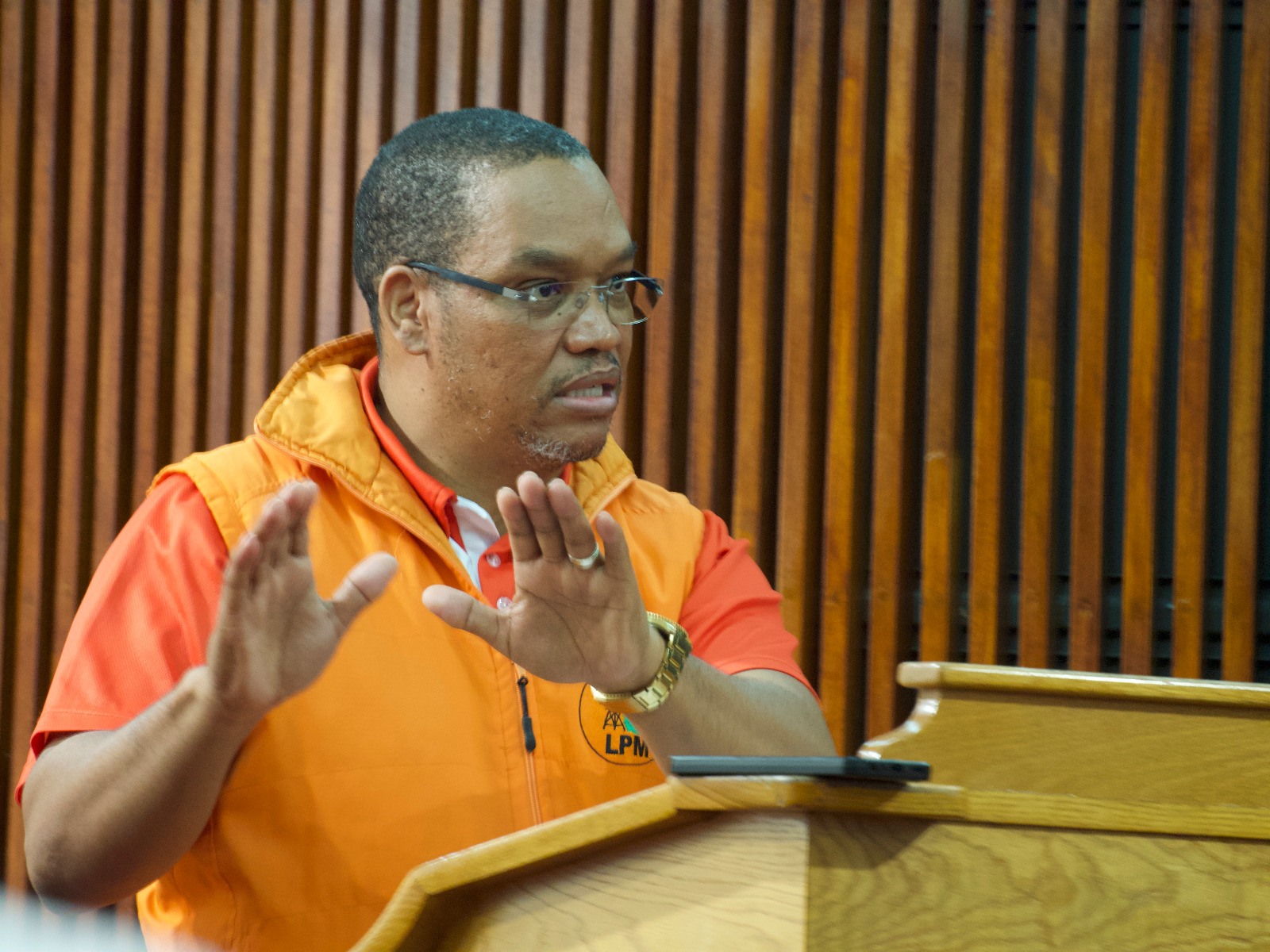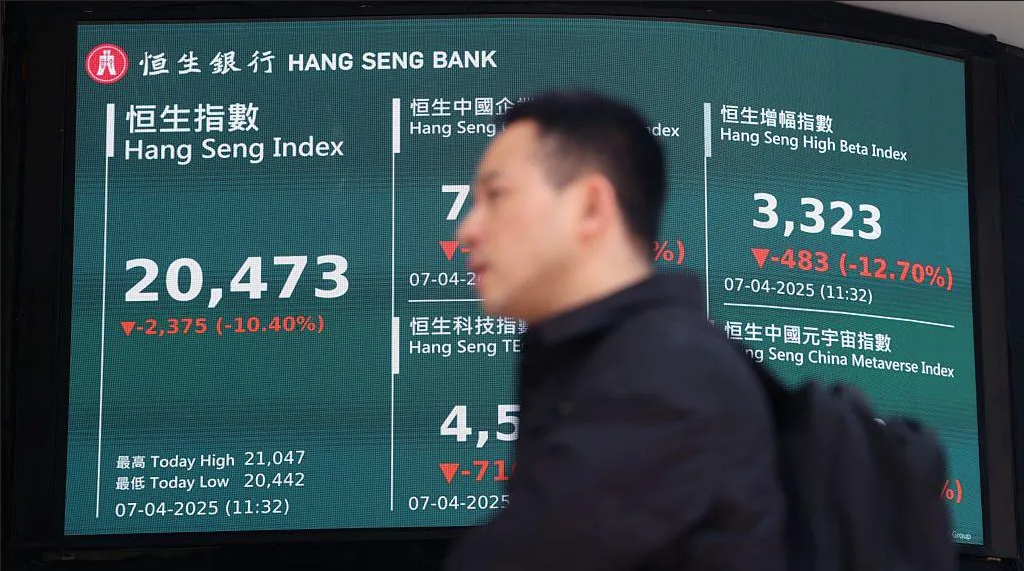HONG KONG – Government efforts to shield local companies from the global economic crises through trade barriers will only strangle growth and prolong the recession, Asian and European financial leaders warned yesterday.
The comments by top officials at a forum in Hong Kong came a day before President-elect Barack Obama takes office amid fears his administration and Congress will erect trade barriers in the US, a vast consumer of exports that drive Asian growth.
‘Protectionism or (currency) manipulations do not help us escape from the financial crisis at all,’ said Shin Je- yoon, a deputy minister in South Korea’s finance ministry. ‘It’s a very easy trap.’
Any trade restrictions by the US and other rich countries would deal a significant blow to Asia, where economies are suffering slower growth or already in recession.
South Korea and the US are still awaiting approval by their respective legislatures of a deal, signed in June 2007, to slash tariffs and other barriers to trade.
Statements by American lawmakers, including Obama, have raised concerns in South Korea that the US will seek to renegotiate parts of the accord, most notably the auto sector. If passed, it would be the largest trade pact for the US since the North American Free Trade Agreement.
Antonio de Lecea of the European Commission echoed Shin’s concerns yesterday. He noted leaders attending a summit of Group of 20 economies in November had vowed to combat protectionism and refrain from raising new barriers in the next year.
‘Reduction in trade, or protectionism, is going to kill one of the sources of growth,’ said de Lecea, director of economic and financial affairs for the commission. ‘We should all maintain our determination to keep our markets open.’
Since the global financial crisis erupted in September, some countries have taken protectionist measures.
In November, India imposed a 20 per cent duty on crude soybean oil. Indonesia also has indicated it may enact trade limits, at least temporarily, to weather the downturn.
Eisuke Sakakibara, who was in charge of Japan’s currency policy in the late 1990s, said he expected the global slump, which he blamed on looser monetary and fiscal policies in the US, to last 2-5 years as companies reduce their debts and cut their investments.
‘This is a very deep and prolonged crisis,’ said Sakakibara, whose aggressive intervention in the currency markets earned him the nickname ‘Mr. Yen.’ ‘The world has to go through a very difficult period of adjustment.’ -Nampa-AP
Stay informed with The Namibian – your source for credible journalism. Get in-depth reporting and opinions for
only N$85 a month. Invest in journalism, invest in democracy –
Subscribe Now!










